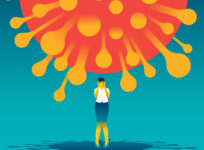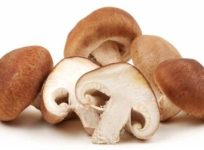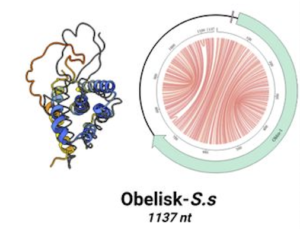Helping Patients Step Off Antidepressants
Antidepressants are the most widely-prescribed class of drugs in the US, and primary care doctors prescribe 74% of ‘em. Drug companies give ample guidance on starting meds, but little help in ceasing treatment. Yet many people want off their meds. Psychiatrist Michael Banov offers his insight on when and how to stop antidepressant treatment.







